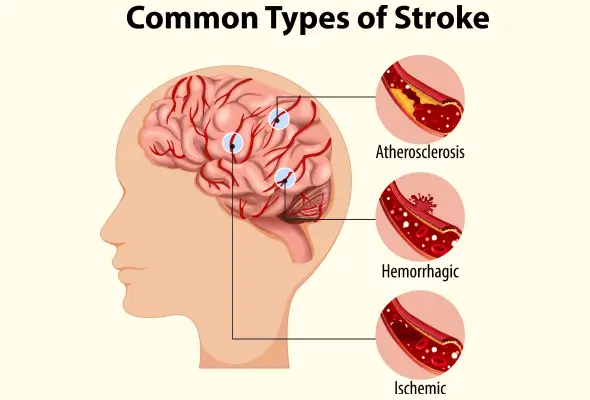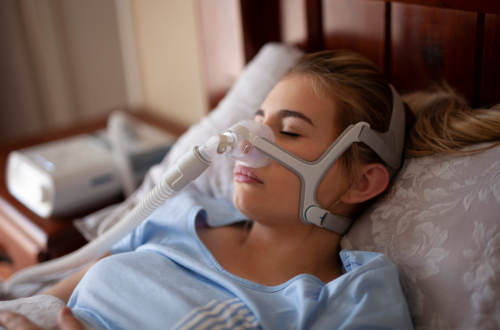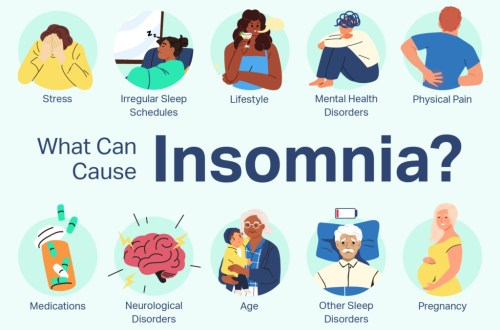Why It Matters
A recent large-scale study using data from the U.S. NHANES cohort (2005–2018) found that individuals who experienced stroke had significantly higher all-cause mortality (hazard ratio of 6.08). Notably, better sleep—classified as moderate or healthy—was linked to a significantly lower risk of both stroke incidence and death Nature.
Through advanced mediation analysis, researchers demonstrated that sleep quality—even accounting for other risk factors—played a measurable role in influencing health outcomes after a stroke.
🔍 Key Findings
-
Stroke increases mortality risk: Stroke survivors saw a notably higher risk of death compared to those without history of stroke (HR ≈ 6.08) Nature.
-
Better sleep linked to lower risks: Individuals with moderate or healthy sleep patterns experienced a 30–40% reduction in stroke and mortality risk compared to those with poor sleep habits Nature.
-
Sleep acts as a mediator: Poor sleep explained about 1.4% of the stroke–mortality link—an effect that remains significant even after adjusting for age, disease, and lifestyle Nature+2Nature+2Nature+2.
Understanding the Implications
1. Sleep Quality Affects Recovery
Disrupted or poor sleep after a stroke can impair cognitive function, mood regulation, and physical recovery. Addressing sleep issues may support better rehabilitation trajectories.
2. Sleep as a Modifiable Risk Factor
Since sleep quality can improve through lifestyle changes or interventions, it represents a targetable way to reduce longer-term mortality risk.
3. Broader Relevance
While the study focused on stroke survivors, its insights reinforce the powerful role of sleep in overall health—for anyone at risk of cardiovascular disease or cognitive decline.
✅ What You Can Do
If you’ve experienced a stroke or have had one in your medical history:
-
Track your sleep patterns: Note disruptions, waking frequency, or poor-quality nights.
-
Speak with your doctor: Ask about sleep evaluations or screenings for conditions like sleep apnea.
-
Build better sleep habits: Prioritize consistent schedules, screen curfews, nighttime routines, and stress-reducing techniques.
Even modest improvements—going from poor to moderate sleep—may positively impact long-term health outcomes.
Final Thoughts
Sleep goes beyond feelings of rest—it can influence recovery and survival in serious health conditions like stroke. This study underlines the importance of prioritizing good quality sleep for resilience and overall longevity.
Looking for actionable steps to improve your sleep naturally?
Download our 7-Day Sleep Reset Plan to start creating better habits tonight.
Sleep well. Live better.





